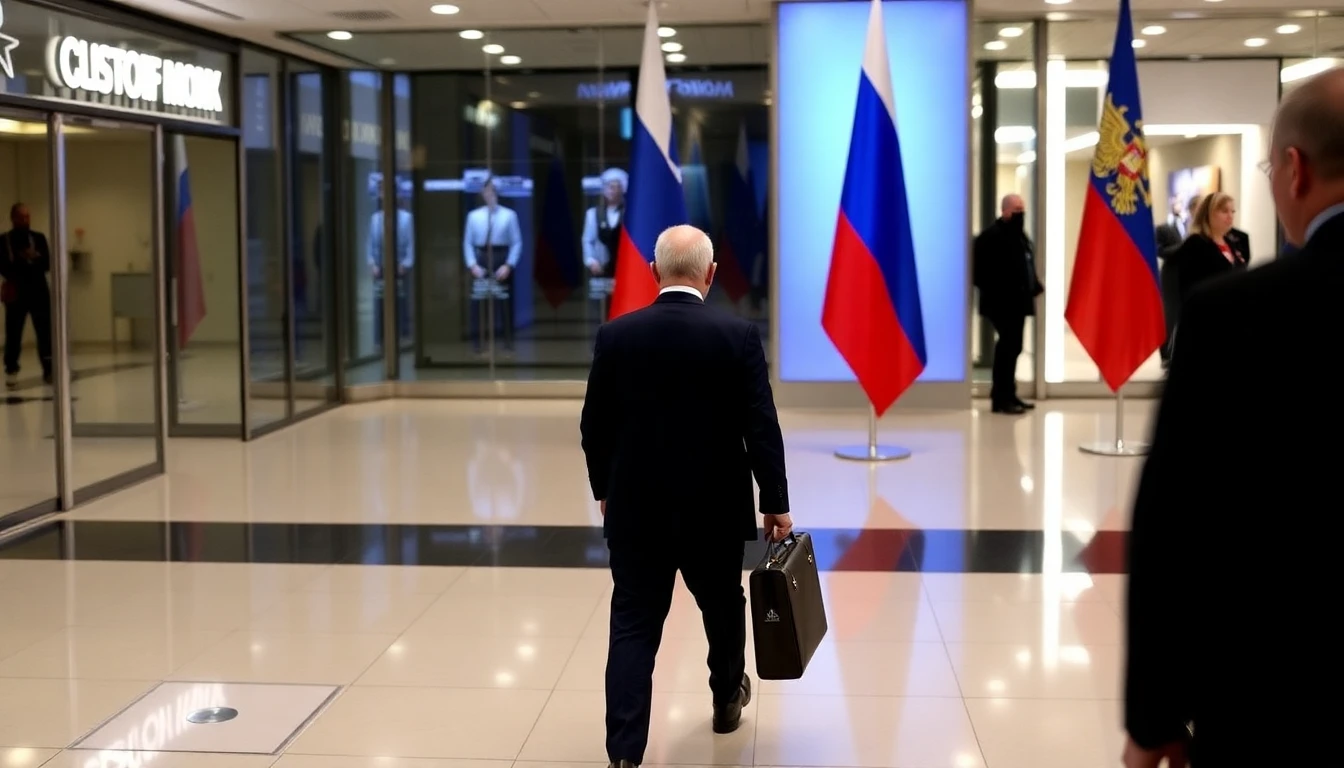
In a significant move reflecting its tightening grip on foreign businesses, Russia has introduced new measures that complicate the exit process for companies wishing to leave the market. This crackdown comes as many businesses reconsider their operations in the country amid escalating geopolitical tensions and Western sanctions that have strained Russia's economic environment.
The Russian government has reported a surge in the number of foreign entities expressing intent to exit amid the ongoing conflict with Ukraine, driving authorities to implement stricter regulations designed to retain both local and foreign investments. This includes requiring foreign companies to obtain government approval before initiating any withdrawal from the Russian market, a move that has raised concerns over the feasibility of divestment strategies for these businesses.
Recent changes in legislation dictate that any foreign entity looking to leave Russia must obtain prior consent from the government, coupled with financial penalties for non-compliance. This legal tightening aims to stymie the outflow of capital and maintain stability within the domestic market, reflecting the Kremlin’s ongoing strategy to insulate the Russian economy from external pressures.
Notably, companies engaged in sectors deemed vital to the Russian economy, such as energy and defense, face additional scrutiny and are generally discouraged from exiting. Observers note that such measures underscore Russia's ambitions to leverage foreign investments for economic survival, particularly as some multinational firms are reassessing their presence as geopolitical landscapes shift.
Moreover, the Kremlin has stated that it encourages foreign businesses to operate within its borders, often promising incentives to those willing to remain. However, corporations face the reality of navigating an increasingly complicated legal framework and the possibility of facing retaliatory measures should they pursue exit strategies.
Industry experts have expressed concerns that these developments could deter new foreign investments, as potential entrants may perceive the heightened risks and regulatory burdens as insurmountable. This situation presents significant implications for the overall economic climate in Russia, as many industries rely heavily on foreign investment and expertise.
As the global economy adjusts to the continued fallout from Russia's geopolitical maneuvers, the response from foreign businesses will likely evolve. The question remains whether these measures will achieve their intended goal of retaining foreign entities, or if they will simply exacerbate existing tensions and accelerate the departure of companies from the Russian market.
The international business community continues to watch closely how these policies unfold, recognizing that the balance between operational feasibility and compliance with local regulations is becoming increasingly delicate. The ramifications of this growing hostility toward foreign investment may be felt beyond Russia's borders, affecting global supply chains and investment flows.
In conclusion, as Russian authorities intensify their focus on foreign businesses seeking to withdraw, the landscape for international trade within Russia appears increasingly fraught with challenges. Companies must navigate a labyrinth of regulations while weighing their commitment to the market against the risks posed by the current geopolitical climate.
#Russia #ForeignInvestment #BusinessNews #Geopolitics #Economy #Sanctions #Trade #CorporateExit #MarketTrends
Author: Daniel Foster


